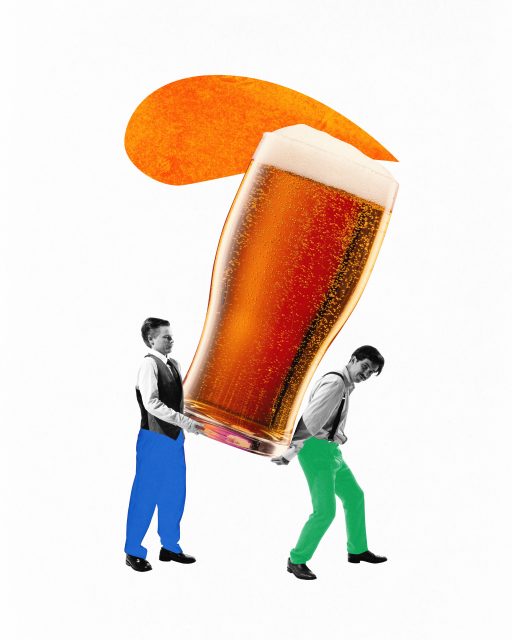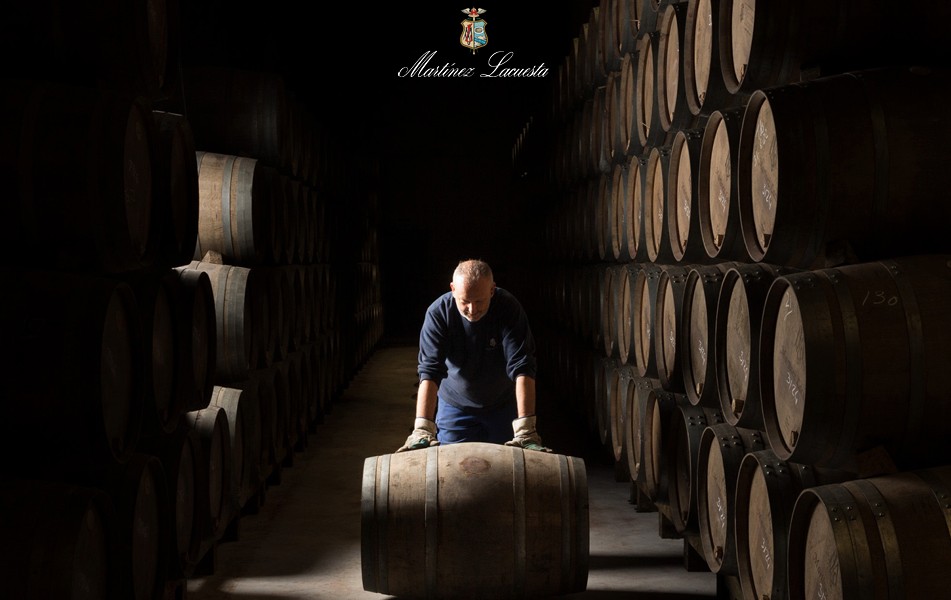Will EU policymakers ‘shackle’ or ‘support’ the beer sector?
The Brewers of Europe have urged the government to consider how much the beer sector contributes to the prosperity of the European Union.

In a report from The Brewers of Europe released by Europe Economics, the data outlined how more than 2 million jobs in the EU are created by the beer sector. equal to approximately 1% of total EU employment.
Within the research, the drill-down into the sector ultimately showed how the beer value chain directly and indirectly contributes to the continent’s economic fabric and continues to assist in generating large sums of government revenues.
In a deep dive into the beer sector’s contribution, global politics and policy platform Politico went further to pinpoint the data and reiterated how the beer industry was far-reaching, spanning from barley and hop farmers right through to brewers and bar staff.
The report findings also showed how, despite myriad post-Covid challenges — such as rising production costs and reduced consumer spending — job creation in the beer value chain was still up by 300,000 since 2020.
According to the data, consumer spending on beer remains equal to €110 billion per year, with the beer sector still contributing more than €52 billion in value to the EU economy.
In addition to this, the findings additionally showed how the beer industry also continued to generate more than €40 billion in government revenues across the EU through taxes. This, it pointed out, does however, come at a time when excise burdens and production costs are limiting the sector and squeezing bars, pubs, cafés and restaurants out of business, causing rising concern across the industry as a whole which is still fighting to stay afloat.
In its summary, the report pointed out how one of the areas where the beer sector is leading was in its promotion of responsible drinking, product development and most recent sustainability wins.
Partner Content
For example, in terms of responsible drinking, beer is already low alcohol (with an average 4.5% ABV) but l brewers are now broadening their portfolios to offer a more expansive range of lower alcohol beers. Added to this, it stated how, currently, one in every 15 beers consumed in Europe is non-alcohol, showing how the sector has evolved.
To assist in beer drinkers becoming more conscientious, it also reminded how five years prior, the Brewers of Europe rolled out its Proud to be Clear campaign. The initiative was another way to help outline alcohol content, calorie values and ingredients on beer labels to help consumers stay more informed.
The report also showed how breweries have integrated environmentally-friendly practises into their production and supply chain and have started using energy-efficient technologies to invest in the circular economy and reduce waste as well. Examples of this included how breweries have reduced the volume of water needed to produce each litre of beer. Plus, in terms of energy, greater swathes of breweries are now reportedly investing heavily in renewable sources including solar panels and wind turbines.
When it comes to packaging, The Brewers of Europe also stated how the sector’s use of Deposit Return Systems has helped to reduce waste and promote recycling for beer cans. Additionally, it reminded how “50-litre kegs are the ultimate sustainable packaging, with a lifespan of over 30 years”.
Alongside these forward strides towards eco-viability, glass beer bottles are collected for reuse or returned for recycling in collection systems that prevent waste for landfill and it admitted that some brewers are now also using lightweight bottles and biodegradable materials as well.
In the next chapter – with a new European Commission and European Parliament – the report data went some way to highlight how much it understood that there needed to be an emphasis on promoting economic growth, but also wanted to amplify how the brewing sector was key to this goal.
It concluded with a statement on how policymakers can go ahead to create a regulatory framework that either “shackles that growth” or alternatively provides a framework that is “supportive” and made a plea for the latter.
Related news
Carlsberg Hong Kong expands no and low alcohol portfolio




